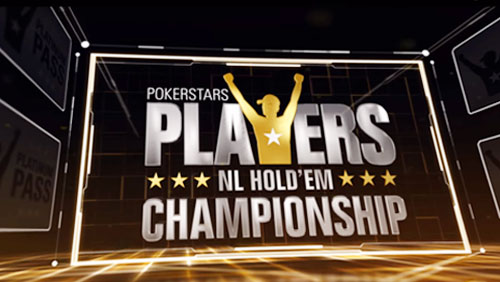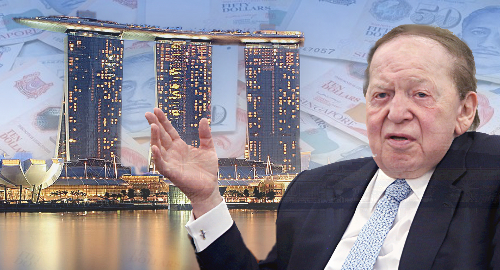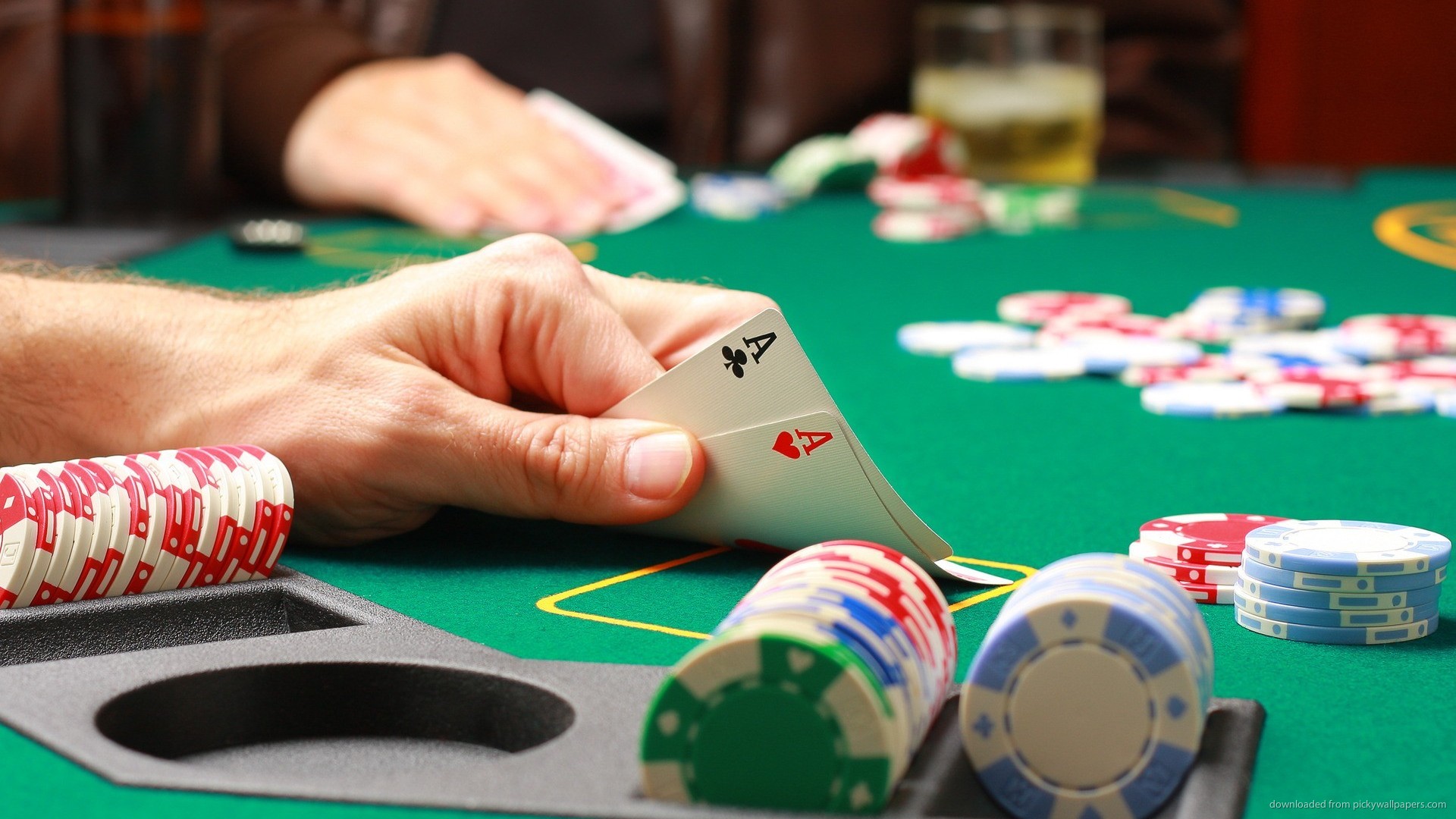Five individuals from Nevada have filed a lawsuit against the manufacturer of a prescription drug that they claimed caused them to become addicted to gambling, resulting in losses.
A complaint was filed in Washoe County District Court against Japan-based Otsuka Pharmaceutical and its American arm, Otsuka America Pharmaceuticals Inc. alleging that the company’s anti-psychotic drug Abilify caused compulsive behavior, including gambling, The Las Vegas Review-Journal reported.
The Nevada plaintiffs are suing for monetary compensation related to gambling losses as a result of taking the drug, although no dollar figure was specified in the lawsuit, according to the report. Currently, there are over 1,000 lawsuits pending across the nation against both the manufacturer and distributors of Abilify.
Abilify, and its generic counterpart aripiprazole, are used to treat schizophrenia, depression and autism spectrum and bipolar disorders. The manufacturers were aware of the possible side effects in 2011, and even submitted a report to the European Medicines Agencies stating, “compulsive gambling could not be excluded…” from the effects of taking the drug. While it added a warning to the drug’s label in Europe and Canada in 2012, it did not include the label on American-distributed bottles until 2016.








